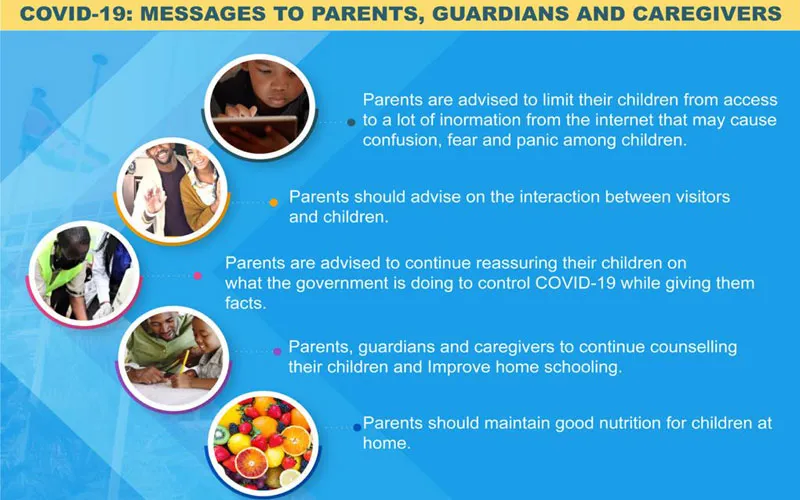Nairobi, 13 March, 2021 / 1:30 pm (ACI Africa).
The attitude of non-compliance with COVID-19 guidelines on the part of politicians in Kenya is disappointing and appalling, members of the Interfaith Council in Kenya have said in a statement over the weekend.
In the Saturday, March 6 statement, members of the Catholic Archbishop-led Council with the mandate to guide public worship amid COVID-19 pandemic call on politicians in the East African nation to adhere to the safety guidelines.
“Much as we are making all efforts to avoid contagion and spread in the places of worship, we are disappointed and appalled by the attitude of many of our political leaders,” the members say in their statement signed by Archbishop Anthony Muheria of Kenya’s Catholic Archdiocese of Nyeri.
Politicians in Kenya, they add, “have continued to have public and political gatherings, taking few or no preventive measures themselves, nor for the attendants.”
The ban placed on public gatherings, including political ones, was extended by the country’s leadership on January 3, with a review of the extension expected on March 12.








